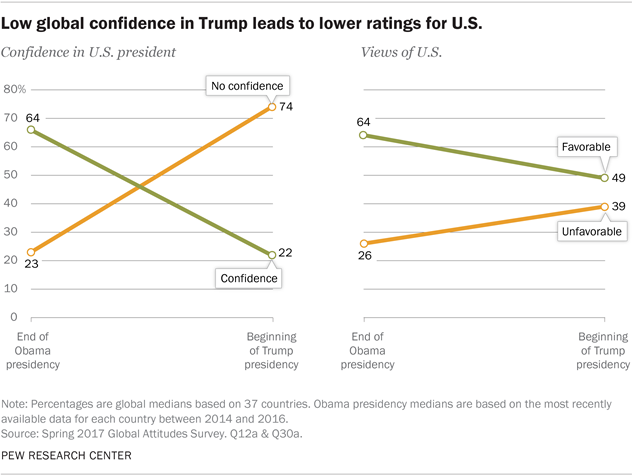Nick Douglas at Lifehacker has a pretty decent article up, examining the phenomenon:
The voice interfaces Cortana and Alexa will soon be able to activate each other for functions that one does better than the other, Amazon and Microsoft announced today. It’s the kind of cooperation that we don’t see enough between the Big Five, or really any company that’s grown out of its “desperately cobble together partnerships so we look relevant” phase and into its “abandon all cooperation that doesn’t lock customers into our shitty ecosystem” phase.
Cortana and Alexa’s competitors, Google Assistant and Siri, won’t be integrating any time soon. As Gizmodo notes, Google and Apple have far more users locked into their ecosystems, so they have far less incentive to cooperate with competing systems. By combining forces, Microsoft and Amazon are admitting they’ve lost the war for mobile, (the dominant user interface now), and holding onto their own core competencies: Microsoft for business communication, Amazon for consumption.
[...]
In the short term, all these companies have good reasons to lock up their platforms wherever they still think they can steal market share from the others, and wherever they would rather focus resources on improving their own service instead of handing millions of customers to their competitors through a partnership.
But in the long term, this lock-in keeps the Big Five from innovating, their products leaning on the crutch of the ecosystem, alienating customers who will then abandon the ecosystem for third-party services like Spotify, Dropbox, WhatsApp, 1Password, and Overcast.Sounds about right to me.
Ecosystems are big right now, because of Apple. iTunes and the iOS App Store came into existence at a time when there were no smartphone competitors; Apple was able to lock customers into Apple's orbit, and then milk them for as much money as possible, one tiny transaction at a time, because they were the only game in town. Gamers may decry the new trend of AAA publishers adding microtransactions into full-priced games, but the trend didn't start with videogame publishers. For big, publicly-traded corporations, who are under pressure to increase revenue, year-over-year, every year, the siren song of the ecosystem is well-nigh impossible to ignore.
But if you're not already an ecosystem player, then ecosystems are not your lucrative friends; they're your enemies, the barriers preventing you from convincing consumers to try your product, and to judge your product on its merits. You may well have built a better mousetrap, but if consumers have to abandon the ecosystem they've already bought into, and then expensively buy into yet another ecosystem, just to try the damn thing... well, honestly, would you? Apart from a handful of early adopters with more money than sense, would anybody?






